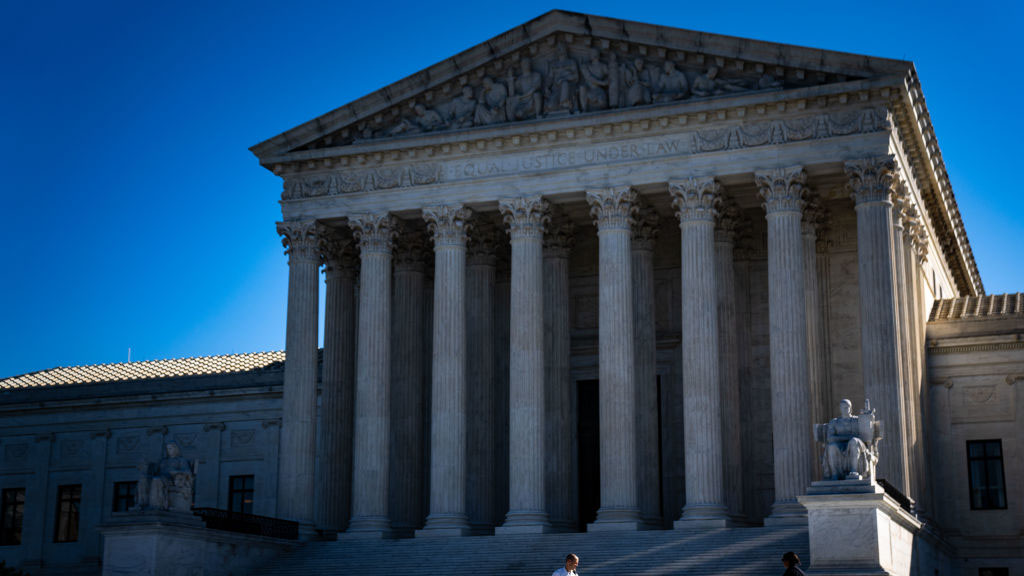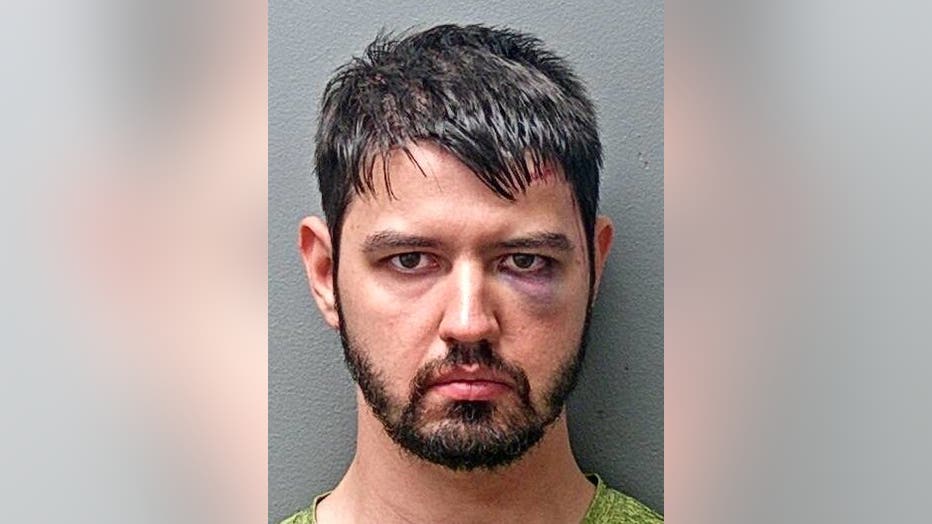On Monday, the United States Supreme Court began its new session. The high court will hear arguments in a number of cases, including the Texas porn ban that caused PornHub to cease operations in the state.
-
-
Arguments over Texas’ age-verification law will be heard by the Supreme Court on Wednesday.
-
Several pornographic websites have cut off access in Texas.
-
A decision is expected in May or June.
-
-
Arguments over Texas’ age-verification law will be heard by the Supreme Court on Wednesday.
-
Several pornographic websites have cut off access in Texas.
-
A decision is expected in May or June.
The Supreme Court will hear arguments on Wednesday about a Texas law that requires pornographic websites to confirm users’ ages before granting them access.
The law is being challenged by a group that represents the adult entertainment sector, claiming that it is unconstitutional under the First Amendment.
Texas contends that the present age-verification rules are too simple for children to circumvent.
The Free Speech Coalition is anticipated to have argument time alongside the Biden administration.
Several states that have enacted comparable laws may be impacted by the legal challenge.
Texas Age-Verification Law
The backstory
In June 2023, House Bill 1181 was approved by the Texas Legislature.
Businesses that display sexual content are required by law to “use reasonable age verification methods [ ] to verify that an individual attempting to access the material is 18 years of age or older.”
Any website that has one-third of its content deemed obscene for minors is subject to the legislation.
The 5th Circuit Court of Appeals overturned an Austin federal court’s first ruling prohibiting the state from implementing the mandate.
Under threat of legal action from Texas Attorney General Ken Paxton, a number of pornographic websites blocked access for Texans.
Businesses that break the law risk paying hefty fines.
Louisiana, Arkansas, Oklahoma, Kansas, Nebraska, Indiana, Kentucky, Tennessee, Mississippi, Alabama, Georgia, South Carolina, North Carolina, Virginia, Florida, Utah, Idaho, and Montana are among the states that have enacted laws requiring age verification.
Free Speech Coalition v. Paxton: Each side’s argument
FILE – On Tuesday, October 11, 2022, the US Supreme Court is seen in Washington, D.C. (Source: Los Angeles Times/Kent Nishimura via Getty Images)
Coalition for Free Speech:
The Texas rule, according to the Free Speech Coalition, which represents the adult entertainment sector, is a “drastic step” that prevents adults from seeing First Amendment-protected content.
To put it succinctly, it makes the case that requiring sensitive information to be disclosed during the age-verification process may discourage adults from seeing content that is otherwise permitted.
The state of Texas should pass a more restrictive law, according to the Free Speech Coalition.
“Texas could have given parents a much stronger tool than age verification for preventing children from accessing sexual content if it had used some of the funds it spent denouncing pornography to support content filtering instead. In an ad brief, attorneys for the Free Coalition stated, “Instead, Texas has thrown up its hands and imposed a blunt age-verification mandate that burdens massive numbers of adults seeking to access constitutionally protected speech.”
They want the Fifth Circuit Court of Appeals’ decision overturned.
Texas:
Attorney General Ken Paxton and his staff contend that websites are not doing enough to shield children from the “unlimited amounts of hardcore pornography” that are available online and that its limits are constitutional.
The state contends that many adult websites’ age-verification strategies have essentially not changed despite the complexity of the internet.
In Ashcroft v. American Civil Liberties Union (II), decided in 2004, Texas is requesting that the court reverse its ruling that the 1998 Child Online Protection Act was unconstitutional.
“No one could have reasonably claimed that age-verification technology reliably and easily separated adults from children at the time, considering the internet’s immaturity and the primitive technologies at play. Additionally, as the volume, production quality, and algorithm utilization of online obscenity have increased, it has become increasingly unsafe for children and will continue to do so as AI becomes more ingrained. In a short, the state noted, “The world has changed.”
“The sky has not fallen” in the year that HB 1181 has been in existence, according to Paxton’s team, who also contend that enforcement of the law should be permitted to continue while the lawsuit is pending.
They are requesting that the Fifth Circuit Court of Appeals’ decision be upheld by the Supreme Court.
Supreme Court Arguments
We know:
On Wednesday, the case of Free Speech Coalition v. Paxton will be heard.
The Free Speech Coalition will be represented by Derek L. Shaffer.
It is anticipated that Texas will be represented by Solicitor General Aaron L. Neilson.
The average argument lasts sixty-five minutes.
After the case’s arguments conclude, Paxton is anticipated to speak and field questions.
When is a decision expected in Free Speech Coalition v. Paxton?
Next steps:
The matter is not expected to be decided immediately.
Decisions from the Supreme Court are usually announced in May and June.
The Origin:The Supreme Court docket, previous FOX coverage, and filings filed in Free Speech Coalition v. Paxton are the sources of the information in this article.



